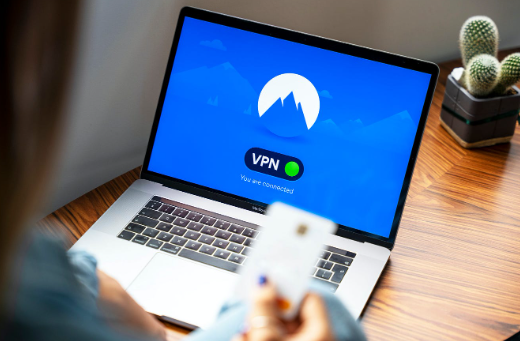7 Common VPN Myths Debunked: What You Need to Know
Updated: November 11th, 2023
In our digitally-driven era, online privacy has shifted from a luxury to a necessity. With cyber threats on the rise and increasing awareness around digital surveillance, many internet users are turning to Virtual Private Networks (VPNs) to safeguard their online activities. However, as with any burgeoning technology, there are a plethora of myths circulating about VPNs. This article aims to debunk these misconceptions and arm you with the facts.
What is a VPN? A Quick Guide
A Virtual Private Network or VPN, in layman's terms, serves as a private tunnel between your device and the internet. This tunnel ensures that all data passing through it is encrypted, shielding it from prying eyes. Apart from the encryption feature, VPNs also mask your IP address, making it appear as though you're accessing the internet from a different location.
This dual feature of VPNs, encryption, and IP masking is what makes them such powerful tools for online privacy. Many use VPNs to bypass geo-restrictions on content, protect data on public Wi-Fi, or simply maintain a private online presence.
Myth #1: Using a VPN Makes You Completely Anonymous Online
One of the most prevalent myths is that VPNs grant complete online anonymity. While VPNs significantly boost your online privacy, they don't render you invisible. For instance, if a VPN service experiences DNS leaks, your original IP address might be exposed.
Furthermore, the trustworthiness of your VPN provider plays a pivotal role. Always choose a provider that has a strict no-logs policy, ensuring they don’t store any of your online activities.
Myth #2: All VPNs Are the Same
Just like any product, not all VPNs are created equal. There are stark differences in terms of speed, server locations, encryption standards, and privacy policies. It's also essential to differentiate between free and paid VPNs.
Free VPNs might be enticing, but they often come with slower speeds fewer server options, and some may even log your activities or serve ads. Reading terms of service and privacy policies is crucial to understand what you're signing up for.
Myth #3: A VPN Slows Down Your Internet Connection Dramatically
Although VPNs do add an encryption layer, causing a slight slowdown, a high-quality VPN service ensures this reduction is barely noticeable. Numerous factors can impact VPN speed, such as server distance, server load, and the encryption method used. But with the right service, you can enjoy a secure connection with minimal speed loss.
Myth #4: VPNs are Only for Tech-Savvy People
Decades ago, using a VPN might have required technical know-how. Today, however, VPNs are designed with the average user in mind. Most services offer intuitive interfaces, one-click connections, and 24/7 support to guide users. So, whether you're a tech newbie or a seasoned pro, VPNs are accessible to all.
Myth #5: Only Criminals Need VPNs
This is perhaps one of the most damaging myths. While it's true that some individuals might use VPNs for illicit activities, it's essential to remember that VPNs serve a myriad of legitimate purposes. Journalists use them to protect their sources, businesses to secure their data, and everyday users to preserve their privacy in an increasingly intrusive digital landscape.
Myth #6: Using a VPN is Illegal
In most countries, using a VPN is entirely legal. However, what you do while connected to a VPN can be subject to local laws. A few nations have restrictions or outright bans on VPN usage, often for political or regulatory reasons. Always stay informed about local regulations, especially if you're traveling abroad.
Myth #7: VPNs Protect You from All Cyber Threats
VPNs are formidable tools for online privacy, but they're not omnipotent shields. They won't protect you from malware, phishing scams, or dubious websites. It's essential to adopt a holistic approach to online security. This means keeping your software updated, using strong and unique passwords, and employing trusted antivirus solutions.
Conclusion
In the vast sea of digital information, discerning fact from fiction becomes imperative. VPNs, while not flawless, offer a robust layer of protection in an age where online privacy is under constant threat. By debunking these myths, you're better equipped to navigate the digital realm safely and knowledgeably. Always prioritize your online safety and choose tools and practices that align with your privacy values.

